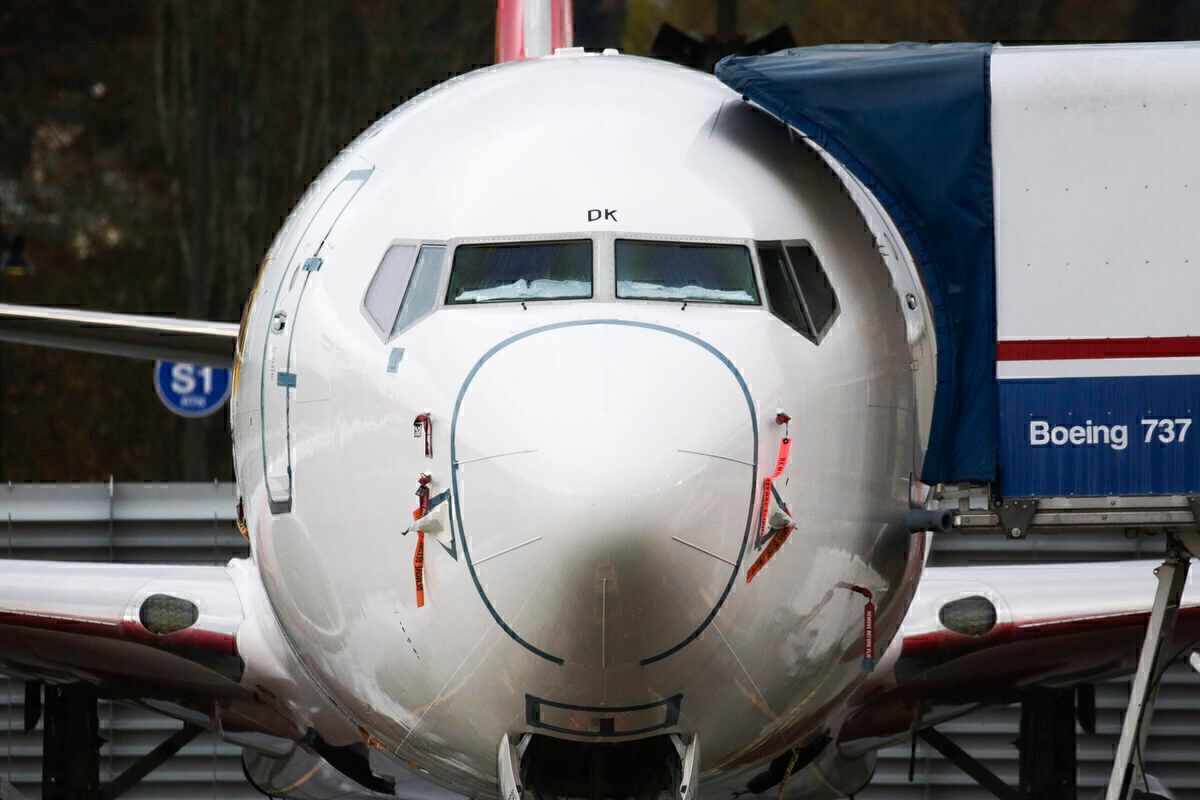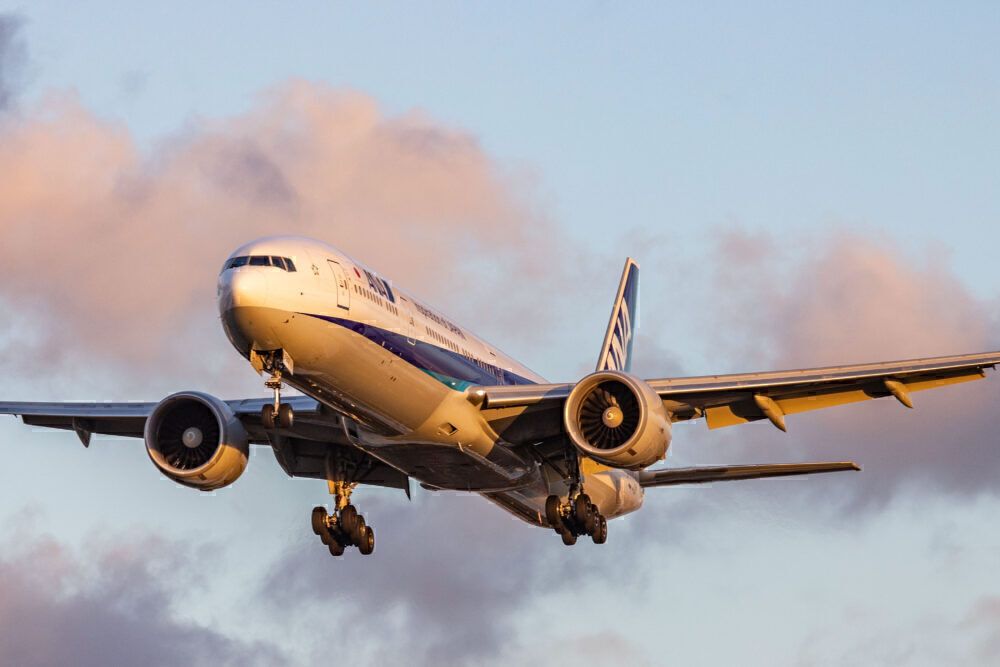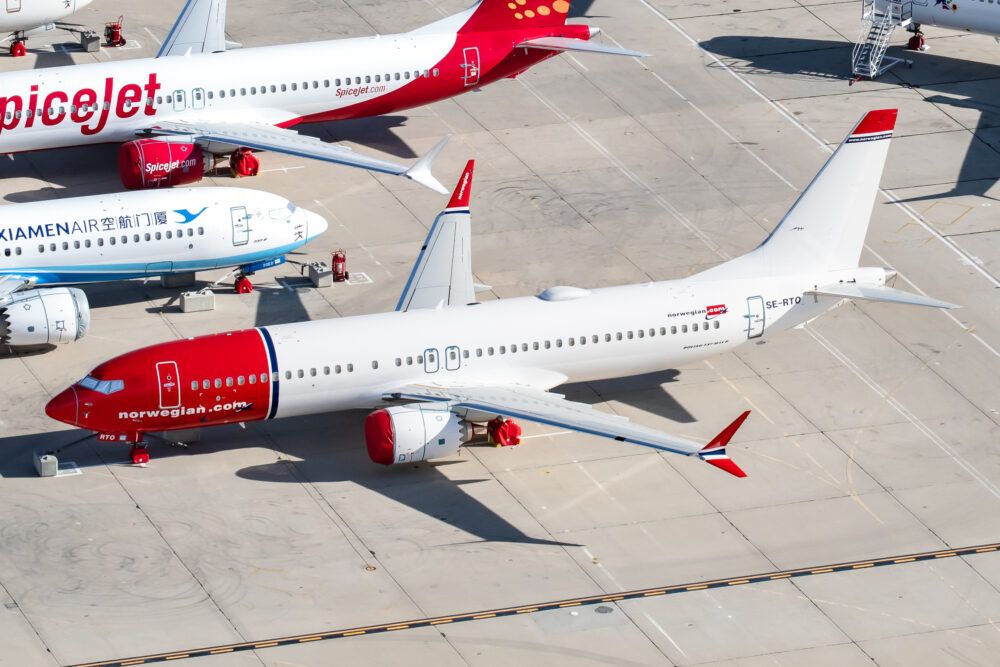Boeing has today released its full year results for the challenging period of 2020. As expected, the net loss was significant, with the planemaker recording a loss of almost $12 billion. The fourth quarter was particularly tough, with a loss of $8.4 billion registered in that period alone. Nevertheless, CEO Dave Calhoun says he remains confident in the future.
Boeing’s big loss
The release of Boeing’s full year 2020 results, alongside its results for the fourth quarter, paint a bleak picture of the tough year it has endured. The planemaker registered a net loss over the year of $11.94 billion, and of $8.4 billion in the fourth quarter alone.
Revenue over the year was $58.2 billion, down 24% from the previous year. The fourth quarter revenue was just $15.3 billion, but down just 15% compared the 2019 Q4 figures. Over the year, the operating cash flow for Boeing was negative $18.4 billion, with operating margins standing at negative 22%.
CEO Dave Calhoun stated just how tough of a year it had been for the planemaker, commenting,
"2020 was a year of profound societal and global disruption which significantly constrained our industry. The deep impact of the pandemic on commercial air travel, coupled with the 737 MAX grounding, challenged our results. I am proud of the resilience and dedication our global team demonstrated in this environment as we strengthened our safety processes, adapted to our market and supported our customers, suppliers, communities and each other."
In terms of commercial airplanes, this was one of the worst performing segments of the business. Just 157 commercial aircraft were delivered across the entire year, down 59% on 2019’s results. Revenue from commercial jets was half that of 2019, standing at just over $16 billion.
Boeing attributes this to a slower widebody delivery volume due to the impact of COVID-19. It also cites 787 production issues, alongside $468 million of ‘abnormal production costs’ relating to the 737 program. While stating that the first 777X is anticipated for delivery in late 2023, Boeing further said that it took a $6.5 billion pre-tax charge on that program.
Stay informed: Sign up for our daily aviation news digest.
Glimmers of hope
Despite enduring the worst year in its history, with multiple challenges to overcome, Boeing is looking with hope towards the future months. Calhoun noted that, despite the poor results, he remains confident in the future for the US planemaker. He said,
“Our balanced portfolio of diverse defense, space and services programs continues to provide important stability as we lay the foundation for our recovery. While the impact of COVID-19 presents continued challenges for commercial aerospace into 2021, we remain confident in our future, squarely-focused on safety, quality and transparency as we rebuild trust and transform our business."
The big highlight for Boeing will be the gradual reintroduction of the 737 MAX to global operations. While there are still many aviation authorities who need to unground the plane, today’s approval by EASA is the next big step to getting the type into widespread use.
Since the FAA ungrounded the plane in December, Boeing says it has delivered over 40 737 MAX to airlines, and five operators have returned their fleets back into active service. So far, the 737 MAX has safely flown more than 2,700 revenue flights and around 5,500 flight hours without a hitch.



